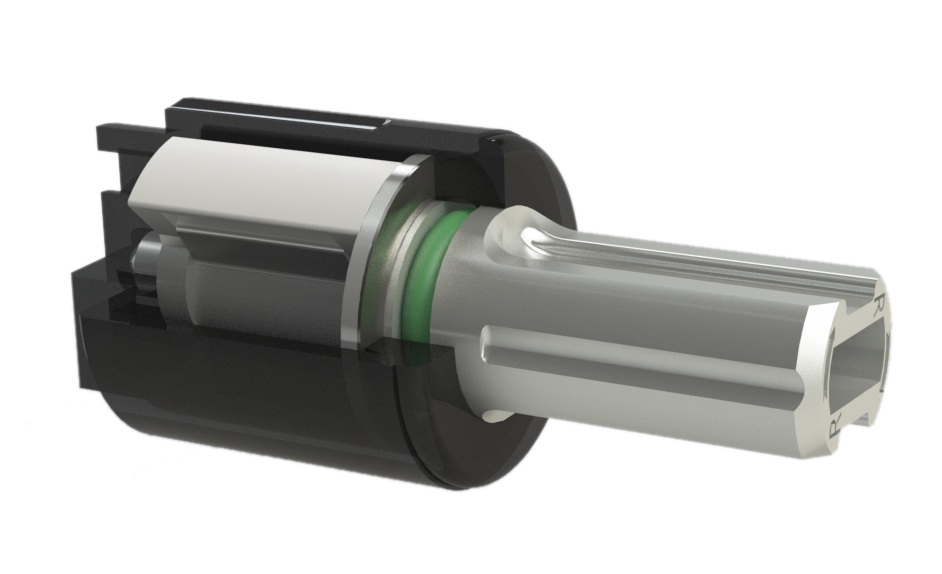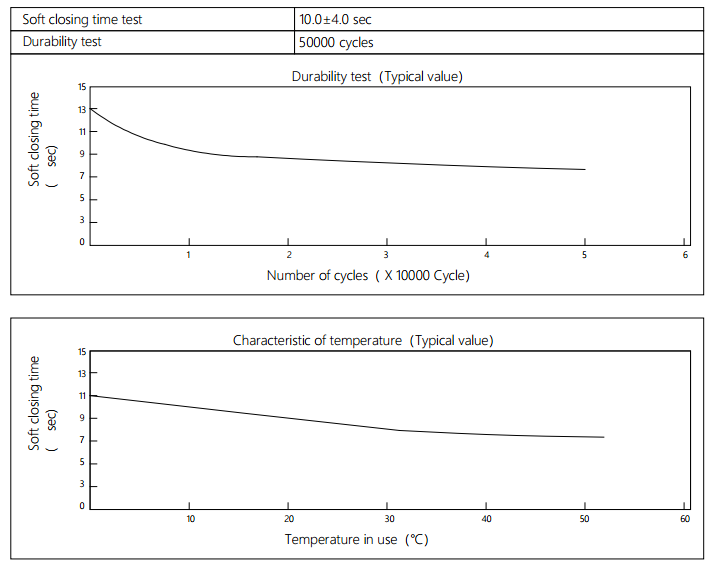Nowadays, wind energy and solar energy have become a kind of alternative clean energy, and their popularity has increased significantly. And we will also look at the next generation of power generation technology - fuel cell power generation.
A fuel cell is very similar to a battery because it is also a device that converts chemical energy into electrical energy. However, unlike a battery, the chemical does not leak after the reaction. As a fuel cell, as long as we continue to provide fuel, the power will be continuously output. Most fuel cells today use hydrogen and oxygen for chemical reactions, so the resulting waste is essentially water or carbon dioxide.
Fuel cells are used in a wide range of applications, such as consumer electronics, the automotive industry, residential power generation, and industrial power generation.
The types of fuel cells are also diverse. The single-chamber fuel cell produces a voltage of approximately 0.7 V. However, in order to achieve a more desirable voltage, we usually combine many batteries to form a "fuel cell stack."
There are many places where fiber laser welding can be applied in fuel cells:
Bipolar plate
Connecting device
Fuel processor
Heat exchanger
Advantages of laser welding
Very fast welding in continuous mode
Very little heat generated in pulse mode
Pulse or continuous mode has high weld quality
Good power stability during soldering
Weldable high reflectivity material
Can weld defective materials
Abnormal situation automatic control
Large laser spot can be generated by defocusing method for soldering
Pulse shaping capability
Average power peak power compensation
Application example – welding bipolar plates
â—Stainless steel (SS304) sheet thickness 0.1-0.3mm
â—The laser continuous welding length of fuel cells in the future will reach 400m
â— Spot size 30-60mm
The figure below shows the welding of different auxiliary gases at a speed of 200 mm/s.
The figure below shows the laser welding capabilities for different situations. It is worth noting that the welding depth is actually not related to the auxiliary gas. We can change the parameters to suit different types of fuel cell welding according to the actual situation.
The internal structural design is vane, Vane Damper is more suitable for soft close. ABD vane dampers are used to dampen drives, control speed, and many other applications. The damping direction of the vane dampers with continuous rotation can be clockwise, counter clockwise, or in both directions. Vane dampers are widely used in automobile interior decoration, household electric appliances, furniture and bathroom products, etc. Our dampers can make the movement of structures soft, quiet and safe to mitigate the impact, avoid the damage, increase the mechanical life, reduce noise, and improve product quality.
When the axis of rotation is moving, the blades that are connected to the axis of rotation rotate at the same time. The silicone oil in the oil chamber is squeezed between the blade andthe body to the back of the blade. The resistance formed by the pressure of the silicone oil to the area of the blade is the damping torque of the rotating shaft and the blade. The torque generated during rotation is determined by the oil viscosity, the pressure area of the blade and the clearance between the blade and the body.

NOTE:
1. Please contact the corresponding product engineer for specific torque products.
2.The Standard of completion closing:the angle is 90° between Shaft A and Shaft B.
3.It is closing position to assemble the shaft into the housing.
4. Max. cycle rate: 3 cycles/min(Clockwise110 °, 110 ° anti-clockwise for 1 cycle)
5.Operating temperature:0~40℃
6.Storage temperature:-10~60℃

Soft closing time test: Measure the closing time from angle 70 to 0.
Rated Torque (T).
Test Temperature: 23±2℃.
Durability test:
Test Method: From the closing position to opening position, push back to 70°, soft close from 70° to 0°.
Rated Torque (T).
Operation Angle: 0°~110°.
Test Temperature: 23±2℃.
Durability test cycle: 50,000 cycles. The result of product test )>2s.
Vane Damper
Vane Damper,High Temperature Dampers,Toilet Seat Vane Damper,Soft Down Damper,Storage Boxes Vane Damper
Shenzhen ABD Equipment Co., Ltd. , http://www.abddamper.com